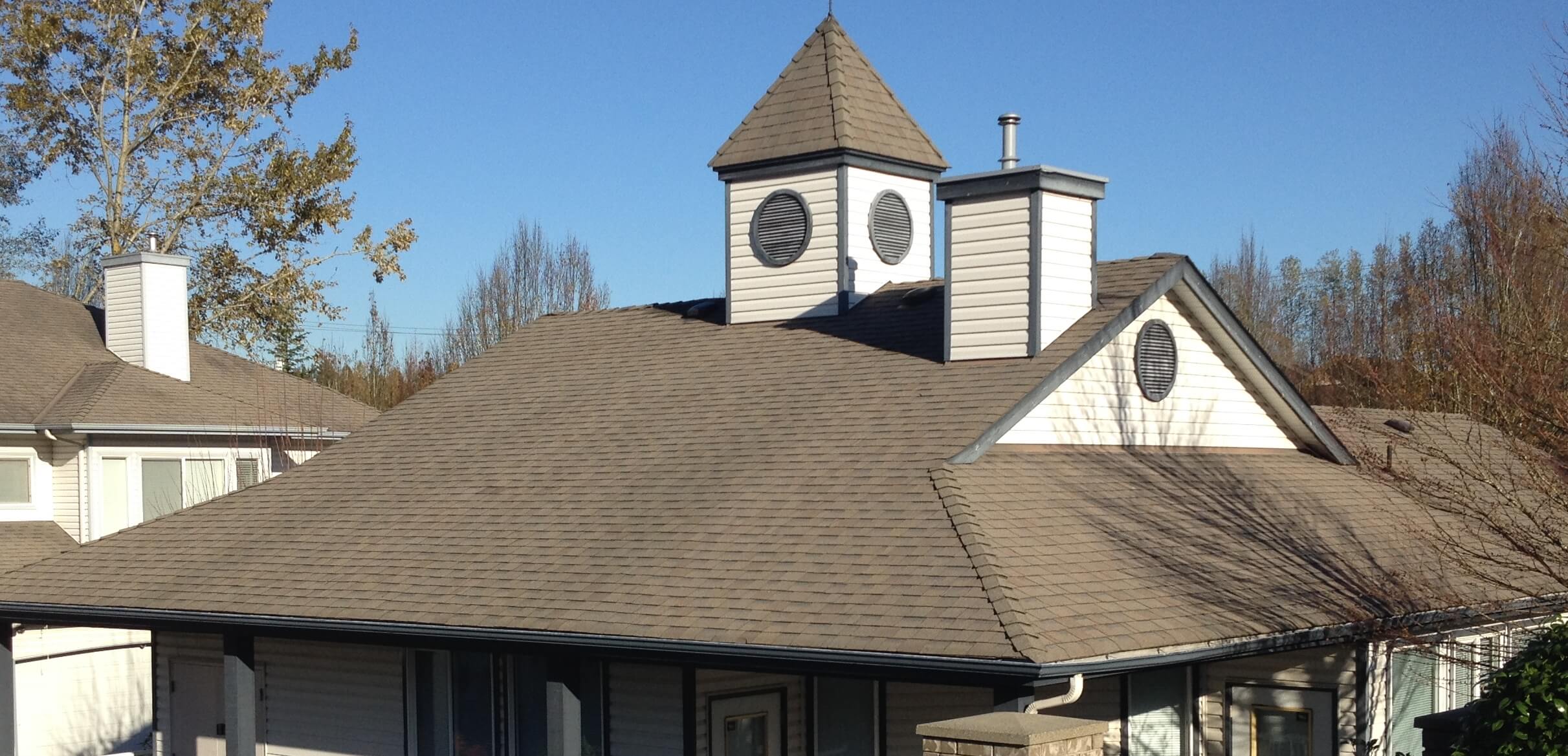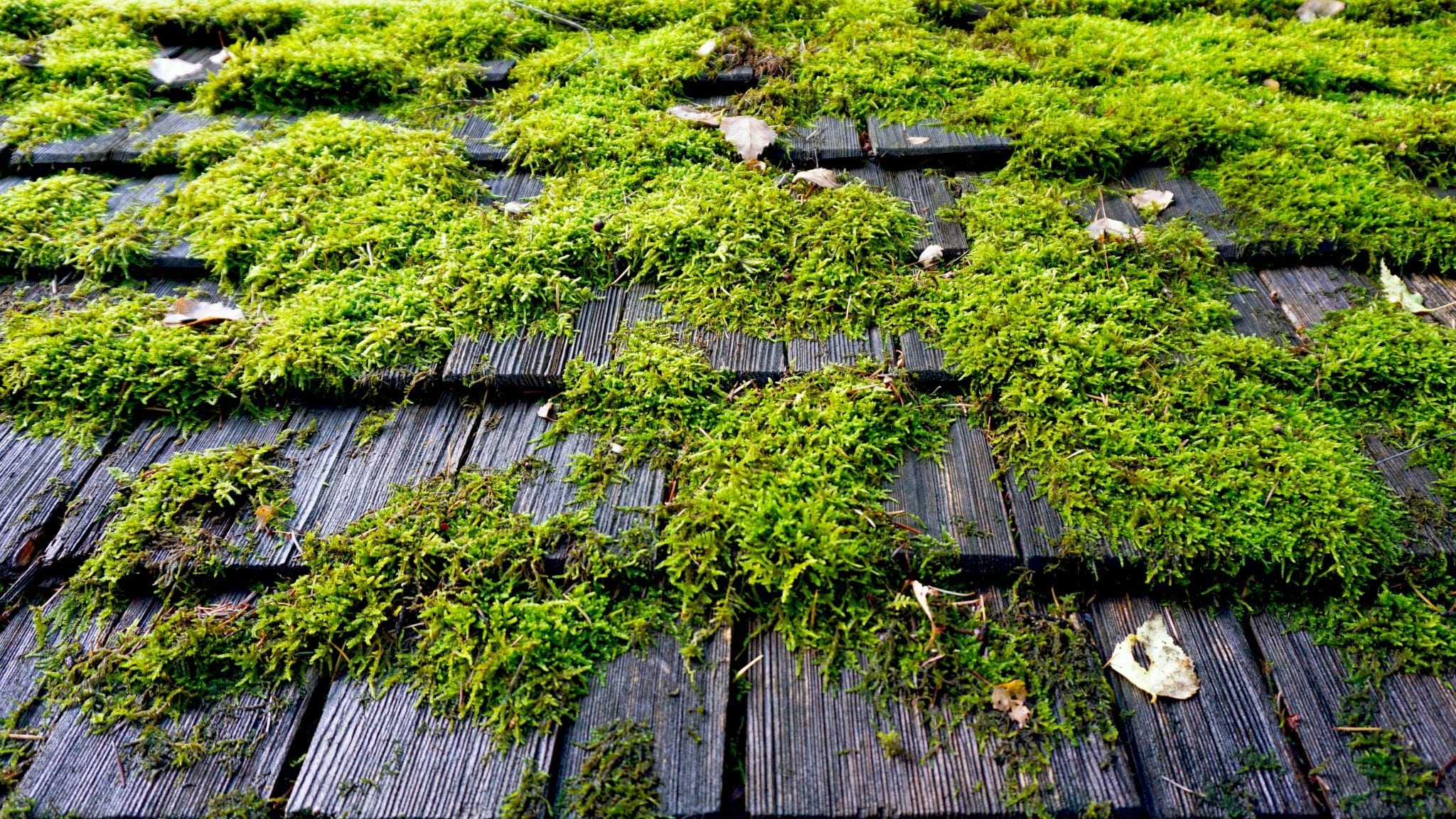


This can be used on most roof surfaces but is best suited to tiled and slate. You don’t need to rinse the surface and we don’t recommend rinsing as the Baticlean CR will inhibit regrowth meaning that your roof covering will stay clear of new moss growth for a longer period.Īnother very popular roof moss killer is Batiface. Once applied the moss on your roof will be killed along with spores and lichen. Simply dilute and apply to a dry surface on a dry, calm day. What attracts many of our customers to Baticlean CR is the ease of use and application. Flat Roof – built up felt, single ply membrane, mastic asphalt & conservatory roofsĪs the product is pH neutral, if used as directed, it will not harm any of these roof coverings so can be used safely by both amateur and professionals alike.This can be used on almost all roof types including: The most popular roof moss killer from within our range is Baticlean CR. All the products within our moss killer range will, obviously, kill moss however they all work in different ways and require different methods of application. When selecting a product from our range you need to think about what you want the product to do, how you would like it to do it and what work you are prepared to do. Currently, we are looking at a roof moss killer therefore which products, from within our range, are best suited to killing moss and lichen on different types of roof? Most of our products can be used on many different types of surface so killing moss on a roof and removing moss on a patio can, in many instances, be done by the same product. The main environmental concern with Zinc Sulfate when used on roofs is that the zinc can be harmful to salmon and other fish if it gets washed off the roof into the sewar drains.There are many moss killer products within our range that will both kill moss, inhibit the regrowth of moss and even both within the same product. Since the Moss Out is highly unlikely to get into the eyes of the birds or the squirrels, I do not believe it would be harmful to them, especially once the product dries which should only take a few minutes if sprayed in the afternoon sun. I would also recommend you wear safety glasses when handling or applying any of these products. I would dilute the product in water and spray with a backpack spayer. As with the concentrated products above, the risk decreases substantially once you dilute them in water. However, the label and SDS does say the Moss-out granules cause serious eye damage if they get into your eyes. ounces) and 1 dm-3 = 100 ml or about 3.4 fl. The instructions do warn the students to wear eye protection but then says the concentration of sulfuric acid used (1 mol per dm-3 (1 mol of sulfuric acid = 98 grams (about 3.5 wt. Yes, a diluted sulfuric acid solution is used to convert zinc carbonate to zinc sulfate to make the product (See link below). Be sure to read the label carefully.įor information only: the active ingredient of the Moss-out product you are talking about is zinc sulfate (a granule) and not sulfuric acid (a liquid). But, in general, once diluted, they become eye irritants.

You have to be careful with the concentrated products as well, in terms of getting them in your eyes, as they can cause severe eye damage. These products have not been as effective as zinc sulfate, but you may have success with repeated use.
#MOSS OUT FOR ROOFS FREE#
There is also a Safer Brand that uses fatty acid soaps.Īdditionally, there are other products with d-Limonene (which has citrus acid, e.g., Worry Free Moss and Algae Control) that do not use sulfuric acid but use other acids. Lilly Miller Hose'n Go! Moss Out! Roof and Walks Ready-To Spray). Lilly Miller Moss Out! Roofs & Walks Concentrate and 2. There are other Moss-Out products with fatty acid soaps: (1.

All other moss killers use some type of acid whether it is fatty acids or citrus acid.įirst, I am assuming you are talking about "Moss-out for Roofs and Structures" with zinc sulfate as the active ingredient.


 0 kommentar(er)
0 kommentar(er)
